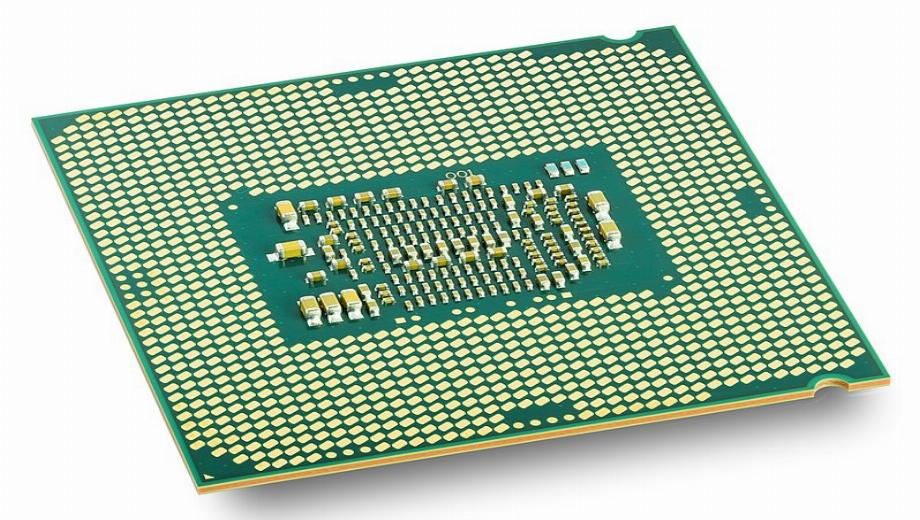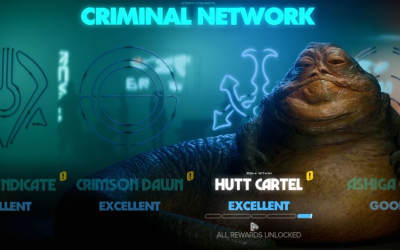Intel backtracks on gag order for chip testing

Intel introduced a bizarre clause to its license for microcode updates earlier this week, making it so that any third party companies who utilized it would not be able to benchmark the chips following the latest update, or tell people about what the results would be like. It has since backtracked on that completely and removed the offending clause from its license, leaving many wondering what the hell it was thinking.
The original licensing agreement addition was and reads:
“Unless expressly permitted under the Agreement, You will not, and will not allow any third party to (i) use, copy, distribute, sell or offer to sell the Software or associated documentation; (iii) use or make the Software available for the use or benefit of third parties; or (iv) use the Software on Your products other than those that include the Intel hardware product(s), platform(s), or software identified in the Software; or (v) publish or provide any Software benchmark or comparison test results.”
The reason for this surprisingly restrictive demand from Intel is that the latest microcode update for its CPUs that protects them against Spectre-like attacks has another detrimental effect on performance. Intel CPUs have been hit again and again with the speculative attack bugs that when fixed, tend to drop a few percent off of the chip’s performance.
The actual impact of the mitigations for the L1 Terminal Fault are varied, with some tasks showing no slow down while others can be hit by as much as 30 percent. Intel would rather people didn’t know that, which is why it tried to keep a lid on it. That failed spectacularly though and now we’re all talking about it.
You should update your motherboard drivers and BIOS if offered to by your manufacturer, but expect a bit of a drop off in certain tasks as and when you do.
Image source: Eric Gaba/Wikimedia





![theHunter: Call of the Wild v3139192 (+17 Trainer) [iNvIcTUs oRCuS]](https://9588947a.delivery.rocketcdn.me/wp-content/uploads/2024/01/thehunter-call-of-the-wild-v1.0-v1.21-scr-01_0-464x276.jpg)

![Lost Castle 2 (+32 Trainer) [FLiNG] – Update December 2025](https://9588947a.delivery.rocketcdn.me/wp-content/uploads/2025/04/lost-castle-2-1-464x276.jpg)


























